Career coaching is an effective way to pursue a different career path — even if you have no idea what you’d rather be doing for work. So if you happen to be considering a major change and wondering how professional coaching for career transitions could make a difference, this post is perfect for you.
We’ll define career coaching (including what it’s NOT), outline the benefits, discuss how to choose the right coach for you, and answer some common questions! Plus, you’ll learn a bit more about me and my approach to coaching.
Let’s go!
What is career coaching?
Career coaching is a process to help you clarify career goals, identify challenges and solutions, design a plan with concrete action steps, and build an accountability system to keep you on track.
Instead of recounting their own experiences and delivering advice to clients, a career coach embraces curiosity about each client. They listen deeply, ask targeted questions, and help clients explore new perspectives and options.
How is coaching different from other career development services?
Coaching is distinct because:
1) Coaching doesn’t have the same hierarchy or power dynamic as other systems
2) Coaching is about exploring the client, not delivering expertise or giving advice
In a boss/employee relationship or even a mentor/mentee relationship, the supporter often speaks from their own industry and career expertise.
But career coaching is a partnership between the coach and client, with the mutual goal of exploring the client’s inner self to achieve new insight and drive their life forward.
They work as a team to explore that person’s wants, needs, limiting beliefs, goals, and motivations — instead of centering the coach’s life or experience.

TL;DR: If you want to deepen your understanding of (and trust in) yourself, coaching could be perfect for you! But if you’re mainly looking for someone to dispel advice and hand you the answers, coaching isn’t what you’re looking for.
Learn more about how coaching differs from other types of support here:
5 benefits of career coaching services
Wondering what to expect from coaching? Here are some of the top ways career coaching can help change your future.
1. Stop ruminating and start moving
It’s easy to get stuck in indecision — especially if you’re feeling busy, suffering from burnout, or unsure how to start. But working with a career coach can help you identify exactly what’s getting in your way!
That’s because part of a coach’s job is to help you move forward on your goals. Most coaches are trained to talk you through the thoughts and feelings that are holding you back, decide what to do about them, and position you for success!
You’ll develop the ability to recognize your own limiting beliefs and figure out how to handle them as they happen. That way, you’re better prepared to catch yourself in unhelpful patterns in the future and move ahead more quickly!
2. Get clear on your career path before starting the job hunt
If you’re considering a job change or career change but aren’t sure what type of role you want to go after, it’s too early to start your job search! At this stage, there’s no point in looking for new job openings, updating your resume, or drafting cover letters.
Instead, it’s most helpful to get a strong understanding of your career development goals, including professional development and personal development.
Starting with this inner work will help you identify your ideal next career move. That way, you’ll enter your job search with much more clarity.
3. Discover what more fulfilling work looks like to you
A career transition coach can help you identify why you want a career change, what’s important to you in a career (and why!), your non-negotiables and nice-to-haves, and so much more.
Without knowing what career fulfillment means to you, your job search will be extremely difficult. That’s not to say you can’t interview well or land a job — it’s just that the new role you land might not really align with you or the life you want.
This goes deeper than skills, strengths and weaknesses, and resumes. It’s about the search for meaningful work — a career you don’t dread every day.

4. Design an actionable plan toward your best career choice
Identifying your ideal career can be challenging, but that doesn’t mean the rest of the career change journey is easy! Even when we’re clear on our goals, many of us struggle to create realistic plans we can stick to.
It’s even harder when we think we have to follow someone else’s plan or timeline — one that’s not rooted in what we know about ourselves, our motivations, and what’s most important to us. We can get stuck in self-deprecating thoughts, leading to self-sabotaging behavior that keeps us further from our goals.
But teaming up with a coach can help you design goals and action steps that fit you best. Having a plan that fits you puts you in the best position to hit your goals, build your confidence, and restore your hope for a more fulfilling career.
5. Get support to accomplish your goals
Even the most independent souls don’t do everything alone. We all rely on some form of help to achieve our goals, whether it’s words of encouragement from a friend, outsourcing or deprioritizing tasks that stand in the way of our goal, or working with a career coach to stay on track.
Career coaching services can help you pursue your new career by equipping you with approaches and processes that work with your unique personality and preferences. Plus, you can learn to identify the things that hold you back from achieving your goals and develop personalized strategies to move through them.
In reality, career coaching isn’t about eliminating challenges or working toward success 24/7. It’s about learning how to pursue your professional development goals in an effective, sustainable way.
How to choose the right career change coach
There’s no shortage of career coaches out there, and that’s great news! It means you have plenty of options to find your perfect coach. Here are a few things to consider when choosing your ideal career coach:
Check out your coach’s background and career history
Although great coaches won’t go on and on about themselves inside your sessions, we naturally gravitate toward folks with whom we have things in common. And it’s helpful to know that your coach really “gets you” — especially since trust is such an important factor in the coaching relationship.
So learn more about your coach’s story and their own career history to see if you feel a connection.
Learn more about my background and follow me on LinkedIn!
Make sure their offers and coaching packages meet your needs
Does your coach offer services that align with exactly what you need? If not, even the friendliest and most relatable coach won’t be the right pick.
More than anything else, you’re hiring a coach to get support in meeting your goals. So if your goal is to discover your ideal career, but their coaching package is about becoming a stronger leader or climbing the corporate ladder, it’s not a match.
Explore your coach’s personality
As with background, this isn’t everything — but it isn’t nothing, either.
You and your coach will speak one-on-one about things that can make you feel vulnerable. So if your coach makes you feel anything but comfortable and safe, they won’t be the right fit for you.
If you’re unable to be truthful or express yourself fully, you won’t get the most out of the coaching experience. So don’t feel bad for discounting a coach based on vibes alone! It’s best to trust your gut.
You can get a better sense of who I am…
- In my newsletter
- By listening to my podcast appearances
- On Instagram
- Or by scheduling a free intro call!
Discover your coach’s relevant education and certifications
Search for a certified career coach!
Certification shows that your coach is invested in using proven methods to give you the best possible support. It shows their commitment to the industry and to your success.
What is a certified professional coach?
Coaching credentials come by many names, and the specific title varies by school and program. So you might see a ton of different terms, including Certified Coach, Certified [Health, Wellness, Life] Coach, and more.
This can get confusing, but here’s all you really need to know:
Coaching is an unregulated industry. That means absolutely anyone can start a coaching business or call themselves “a coach” at any time… no credential necessary.
But if you hire a certified coach — someone who attended a school/program accredited by the International Coaching Federation (ICF) — you’ll know that coach has learned the ethics, ideal approaches, and best practices of the industry.
The ICF is the closest thing coaches have to an official regulatory body, so choose a career coach who measures up! I became a Certified Professional Coach after completing my program at the International Coaching Academy in 2023.

Certified coaches like me have been trained to:
- Ask questions to support you in discovering what you truly want
- Decenter themselves, placing focus and priority on the client
- Provide support and accountability to help you make progress
But they WON’T (or shouldn’t!):
- Tell you what to do
- Focus on their opinions or experiences in one-on-one sessions
- Prioritize done-for-you services over done-with-you exploration and support
Career change or new career advancement goals: which is right for you?
Feeling unfulfilled or stuck in your current job could be a sign that it’s time for a career change…
But it could also be a sign that you just want a new job (new boss or employer), are ready to climb the corporate ladder, or are just eager for new opportunities in your industry.
Ready to decide once and for all whether you want a total career change or just a new role within your industry? Get my free Career Fit Checklist!
In less than 5 minutes, you’ll know whether a different career is the right move for you.
Coaching for career transition FAQS
What does a career transition coach do?
A career transition coach helps you discover and pursue your right next career move with confidence.
They may do this through a combination of:
- Exploratory questions
- Prompts and exercises
- Assessments
- Observations and statements for you to reflect on
Typically, coaches focus on self-discovery, goal-setting, and overcoming challenges in one-on-one sessions.
But some career coaches offer consultative job-search services like personal branding, skills assessments, resume updates, cover-letter writing, and LinkedIn profiles. While this can be helpful in the final stage of your career change — the job search — it’s not ideal to start your career-change journey here.
Plus, those are professional services — not coaching. If your coach isn’t clear on the difference, they may spend more time telling you what to do instead of empowering you.
With such a wide variety of offers, deciding what services best fit your needs is critical to hiring the right career transition coach.
How much does a career transition coach cost?
Because coaches vary greatly by niche, service offerings, experience, education, and more, there’s no standard rate for career transition coaching.
Some coaches charge per session. Others charge by month or sell multi-session packs. Coaches may also craft specific offers at a flat rate. But not all coaches include the cost of their services on their website, which can make it tough to decide what’s in your budget.
Most coaches offer a free short consultation to help you figure out if their services are right for you. If they haven’t divulged their pricing yet, it’s common to discuss that on the call, too.
Personally, I don’t believe in hiding prices. You can check out my services page to find that info and learn more about my offers!
What is the career transition coaching process?
The specific process of working with a career transition coach will vary from coach to coach. You may work with them for a few weeks, a few months, or longer.
In general, a successful process with a professional career coach will look something like this:
- Picture your ideal career
- Make that picture highly specific through self-exploration: questions, prompts, exercises, and more
- Talk, reflect, and assess your options
- Decide on your next move and set a goal
- Design an action plan with a concrete timeline
- Discover what’s standing in your way (personally, professionally, mentally, emotionally) and learn tools to conquer those challenges
- Build and maintain an accountability system as you start taking action

The specific steps you’ll take will largely depend on the career path you settle on. You might decide to go back to college, pursue professional development to hone new skills, seek an interim position as a stepping stone to your ultimate goal, or any number of other things.
But most importantly, your coach should never develop your goal, action steps, or timeline for you. These decisions are yours to make!
Curious about working with a certified career transition coach?
If you’re ready to ditch your unfulfilling job and design a new career path, I’m here to support your success 👋
I’m Lucy, a former agency exec turned Certified Professional Coach. In 2021, I ditched my wrong-fit career — and along the way, I created an effective strategy to help you do the same!
You can start with a free 30-minute, no-pressure call. The point is to get your questions answered and see if I pass your vibe check.
We’ll talk through your career dilemma and discuss whether 1:1 career transition coaching is your best course of action.
Ready? Book your free consultation!



